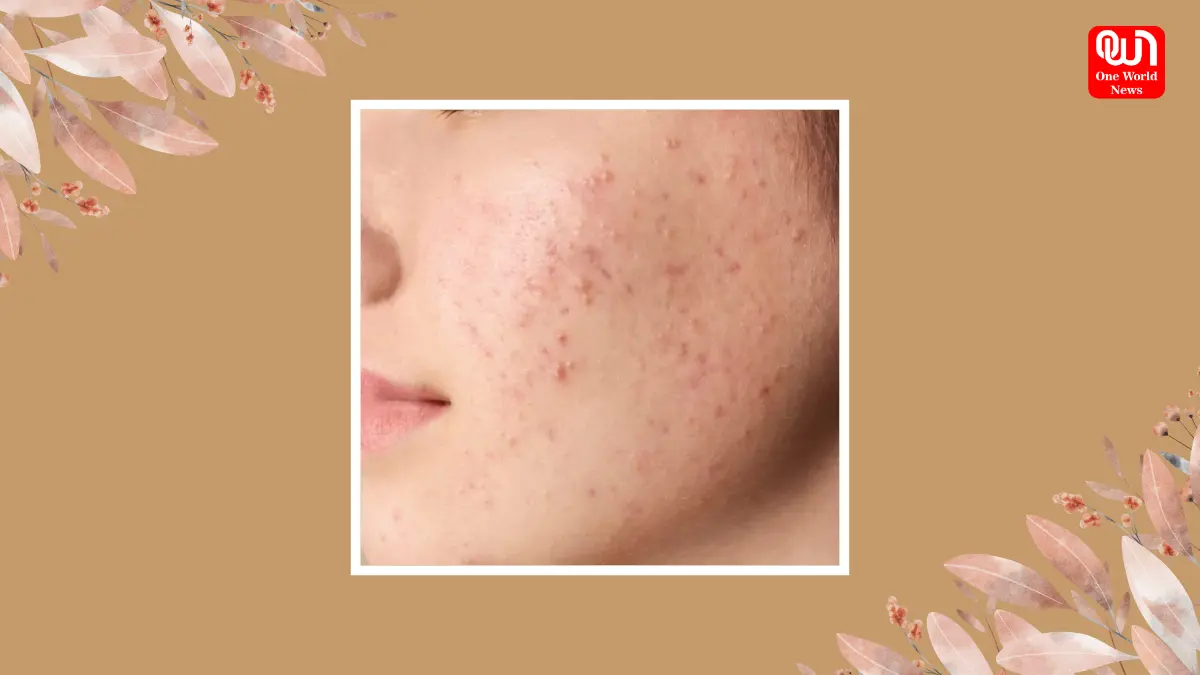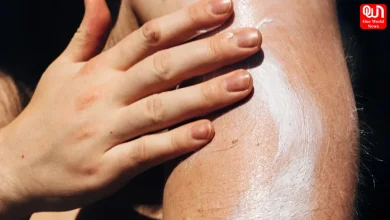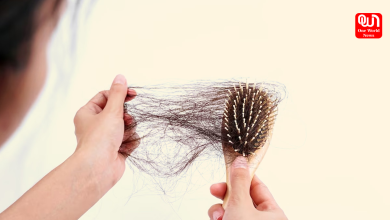Know The link between gluten and skin health
There is a complicated relationship between gluten and skin health.
The link between gluten and skin health
An association between gluten and skin health has emerged as an interesting topic for investigation with the identification of gluten related disorders such as celiac disease and non-celiac gluten sensitivity. Knowledge of such relation can be beneficial as it helps in the comprehension of anxiety.
Read more – Soothing Sunburns: Can Aloe Vera Treat Sunburn- Expert Explains
Gluten and Celiac Disease
Celiac disease is a type of chronic gastrointestinal disorder in which the presence of gluten, a protein that exists in wheat, barley, and rye products, provokes an immune response which causes an injury to the small intestine. This situation is not friendly for skin particularly when it leads to dermatitis herpetiformis (DH).
Read more – 5 Best Super Foods for Radiant, Healthy Skin

DH is associated with a gross rash that is sheened and which undergoing the process of itching with elements such as blisters concentrated in zones such as the elbow, knee, and buttock regions. This rash is classified as being obtained from gluten intake manifesting in those afflicted with the celiac disease. Various studies and observations have revealed that most of the symptoms associated with DH are effectively eliminated or considerably improved if the patient follows the recommended gluten-free diet strictly.
Non-Celiac Gluten Sensitivity(NCGS)
Non- celiac gluten sensitivity (NCGS) is a condition whereby an individual has adverse effects similar to those of celiac disease once they consume gluten, but they do not show any histological changes in the intestinal tract. Gastrointestinal complaints, joint pain, and specialists are among the neuropsychiatric disorders associated with NCGS, such as dermatitis, eczema, psoriasis, and skin irritation.
However, the exact way in which it does this is not clear and some researchers hypothesise that gluten could lead to the activation of the body’s inflammatory processes in relation to these skin diseases. Many times individuals with NCGS claim that getting rid of gluten has significantly made their skin healthier.
Gluten and Other Skin Conditions
This may include people that experience skin conditions becoming worse after consuming foods containing gluten even if they do not have celiac disease. This is because common skin conditions such as acne, rosacea, and chronic urticaria (hives) are worthwhile suspected to be prompted by gluten intake.
Some people argue that gluten can cause inflammation in the body, which can lead to skin-centered symptoms. Furthermore, considering gluten on its impact on gut may hurt, and with the knowledge on gut skin axis, gut affects skin in one way or the other.
How Can You Tell If Your Skin Is Affected by Gluten?
It is important to speak with a healthcare provider if you think gluten could be having an impact on your skin. They could advise beginning an exclusion diet or being tested for celiac disease. During an elimination diet, you cut out gluten from your diet for a predetermined amount of time, then progressively add it back in to see whether your skin health changes. It may be possible to find any links between gluten consumption and flare-ups of the skin by keeping a thorough food and symptom journal.
There is a complicated relationship between skin health and gluten. Avoiding gluten can significantly improve skin issues in persons with non-celiac gluten sensitivity or celiac disease. Reducing or avoiding gluten may help ease some skin conditions, even in those without these diagnoses. If you have ongoing skin issues and think gluten might be the cause, consulting a doctor and thinking about changing your diet could be helpful first steps toward better skin.
Like this post?
Register at One World News to never miss out on videos, celeb interviews, and best reads.








